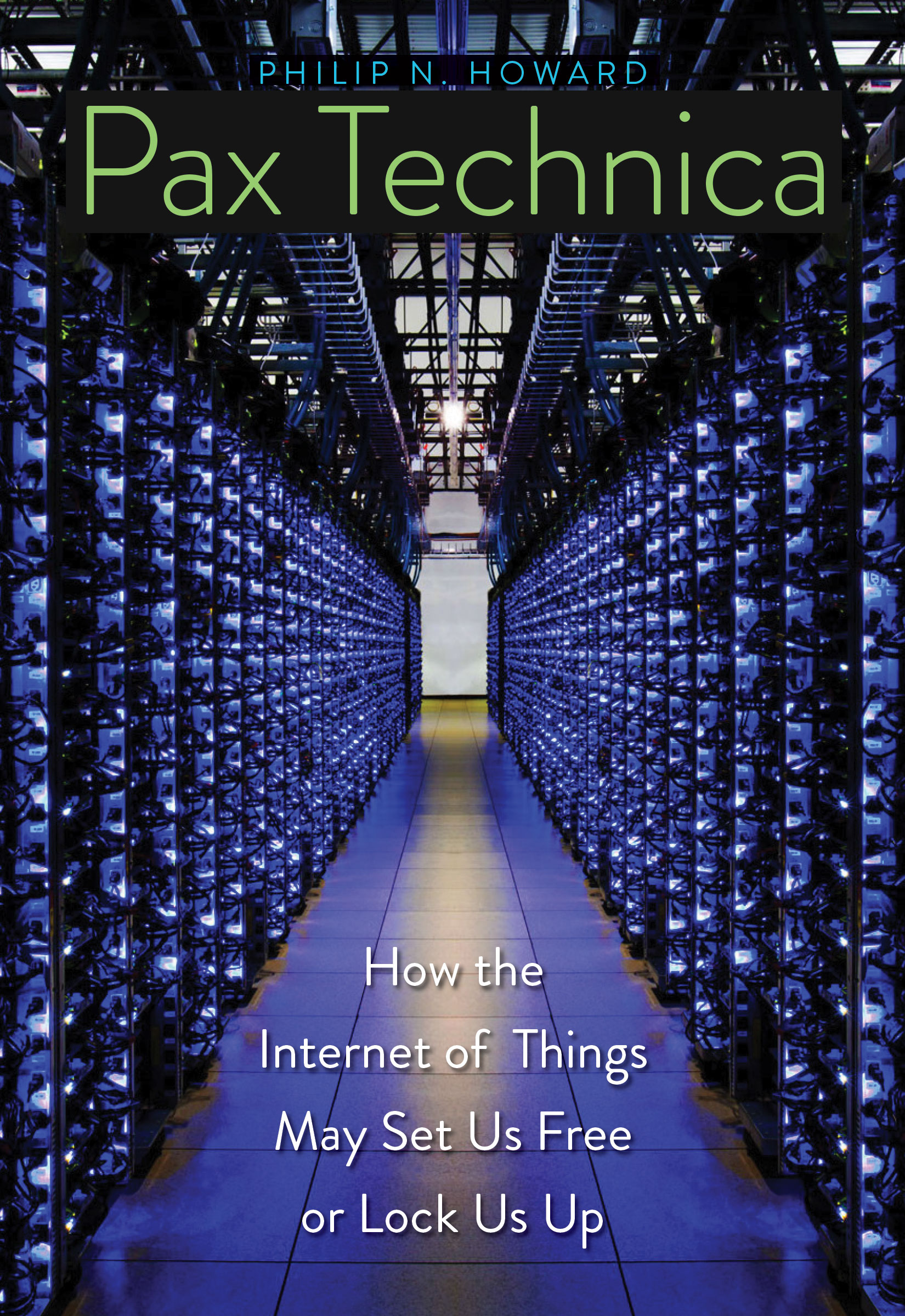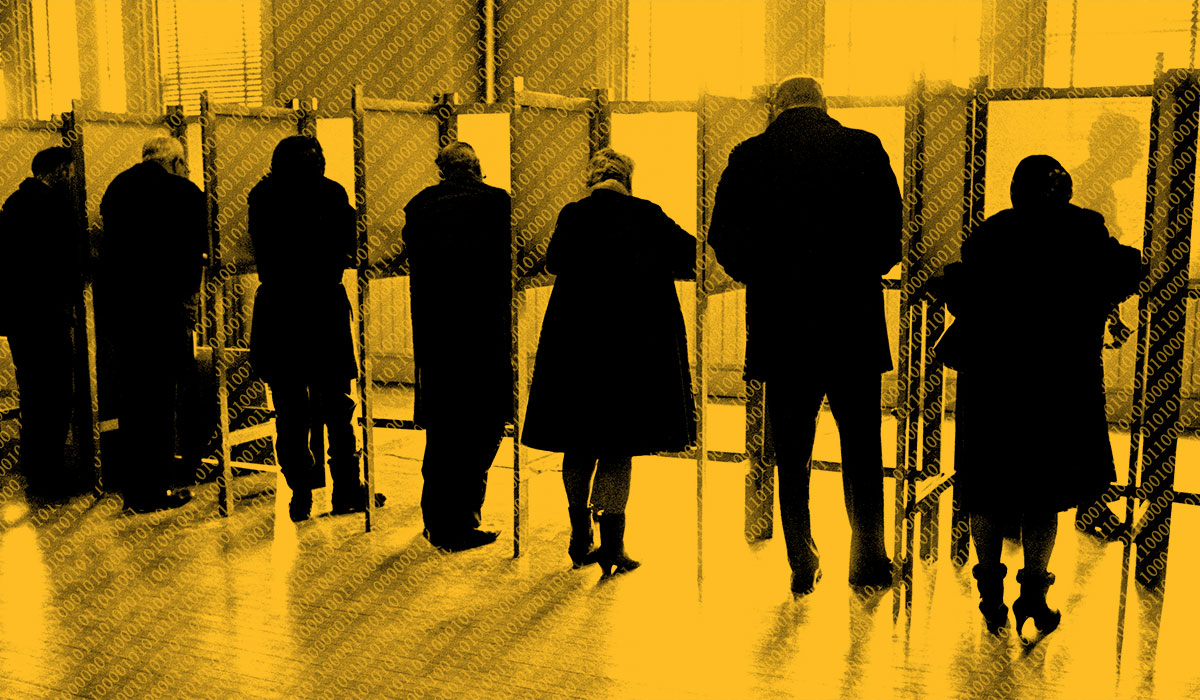
In this original and provocative book, Philip N. Howard envisions a new world order emerging from this great transformation in the technologies around us. Howard calls this new era a Pax Technica. He looks to a future of global stability built upon device networks with immense potential for empowering citizens, making government transparent, and broadening information access.
Clay Shirky
Forget networking your toaster to your refrigerator—in Pax Technica, Howard brilliantly outlines the coming consequences of the Internet of Things, including altered norms of international governance. This is the most important work yet written on the subject, and the first to extend the logic of networked infrastructure to the global political stage.
Anne-Marie Slaughter
Pax Technica is a bold and prophetic book. Even if you disagree with Howard’s conclusions, you will want to engage with his arguments. He sees our world in a genuinely new way.
Kenneth Cukier
In this brilliant work of responsible optimism, Howard acknowledges the potential downsides of our data‐drenched society, but makes a compelling case for why we may live better, and govern ourselves sensibly, in the era of Pax Technica.
Purchase
Buy the full book from your favorite outlet in hardback, paperback, or electronic format.




